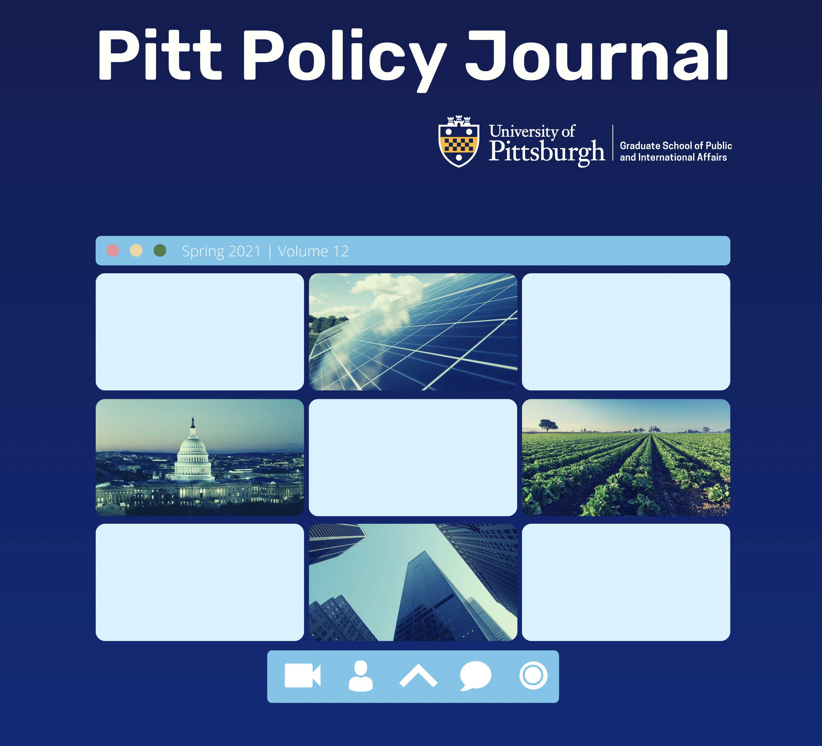Periods don’t stop for pandemics: An increase in period poverty and inequality in COVID-19

Stigmatization of menstrual cycles conceals period poverty on a global scale. Period or menstrual poverty is defined as when those who experience monthly cycles do not have their adequate menstrual hygiene management (MHM) needs met. These needs include access to sanitary products, washing facilities, waste management, pain killers, and information about menstruation.1 The COVID-19 pandemic is demonstrating the importance of this understudied dimension of poverty and inequality. Each day during this pandemic, an estimated 800 million women and girls are menstruating worldwide.2 In the United States, those who experience menstruation are facing greater challenges than usual in accessing period products and care, especially with state-wide lockdowns and the resulting economic downturn.